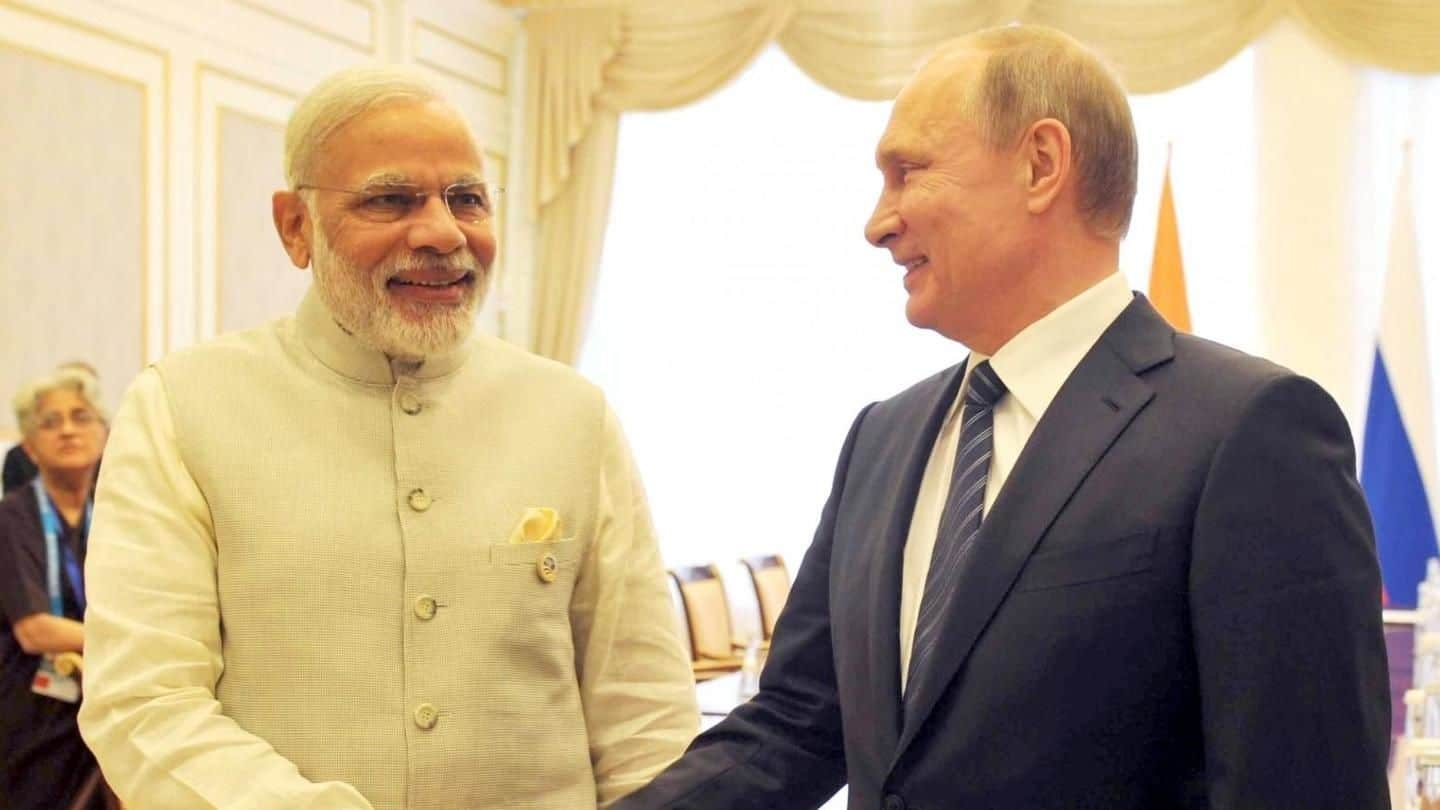
India, Russia seal Rs. 40,000cr deal for S-400 Triumf missiles
What's the story
India has concluded price negotiations with Russia for a nearly Rs. 40,000 crore deal to acquire S-400 Triumf air defense missile systems for the Indian Air Force, officials said.
They said both sides are now looking at ways to insulate the deal from the sanctions announced by the US against Russia under its Countering America's Adversaries Through Sanctions Act (CAATSA).
Concerns from US
Mounting concerns from US
The official said both the countries are likely to announce the deal before an annual summit between Indian PM Narendra Modi and Russian President Vladimir Putin in October.
There have been mounting concerns in India over the US sanctions against Russian defense majors including Rosoboronexport, which they enforced for its alleged meddling in the American presidential election in 2016.
CAATSA
Imposing sanctions under CAATSA would only hit US: Mattis
CAATSA, which came into effect in January, mandates the Donald Trump administration to punish entities engaging in significant transaction with the defense or intelligence establishment of Russia.
Last month, US Defense Secretary Jim Mattis appealed to the Congress to urgently provide India national security waiver, saying imposing sanctions under CAATSA for the S-400 air defense missile deal would only hit the US.
S-400 Triumf
India wants the missile to strengthen country's air defense mechanism
India wants to procure the missile systems to tighten its air defense mechanism, particularly along the nearly 4,000-km-long Sino-India border.
In 2016, India and Russia had signed an agreement on the 'Triumf' interceptor-based missile system.
S-400 is known as Russia's most advanced long-range surface-to-air missile defense system, an upgraded version of the S-300 systems, manufactured by Almaz-Antey.